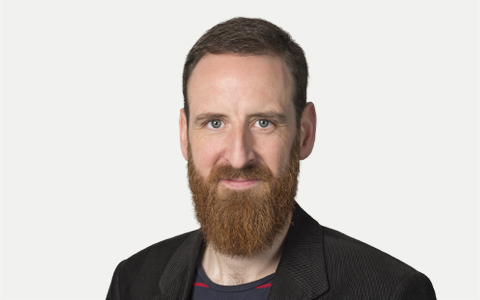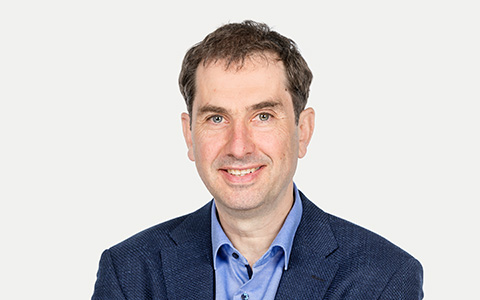Membrane Filtration for critical raw material recovery
Advanced membrane filtration processes for the recovery of critical raw materials from waste
The term critical raw materials (CRM) refers to materials of high economic importance that are also exhibiting a high supply risk. To ensure sufficient supply in the future, it is becoming increasingly important to recover CRM from secondary sources. The use of hydrometallurgical techniques can be utilized in a variety of secondary sources (such as bauxite residues, TiO2 residues, and photovoltaic recycling extracts) that are available in high amounts. However, these processes may still be optimized regarding their chemical and energy use as well as their selectivity for CRM.
An emerging technology for CRM recovery is advanced membrane filtration (e.g., nanofiltration, NF; polymer inclusion membranes, PIM). Advanced membrane filtration may complement the hydrometallurgical toolbox due to their unique separation principles (NF) and processing options (PIM) and enable reduced chemical and energy consumption.
A major goal of the PhD thesis is to improve membrane filtration technologies in terms of selectivity, acid stability, material consumption, and energy consumption. This involves producing customized NF membranes (so called layer-by-layer modified membranes) and benchmarking them against commercially available membranes for the recovery of selected CRM. The PhD thesis is funded by an internal strategic fund.
Projektdauer: | 2020-2024 |
Finanzierung: | Strategic PhD fund |


